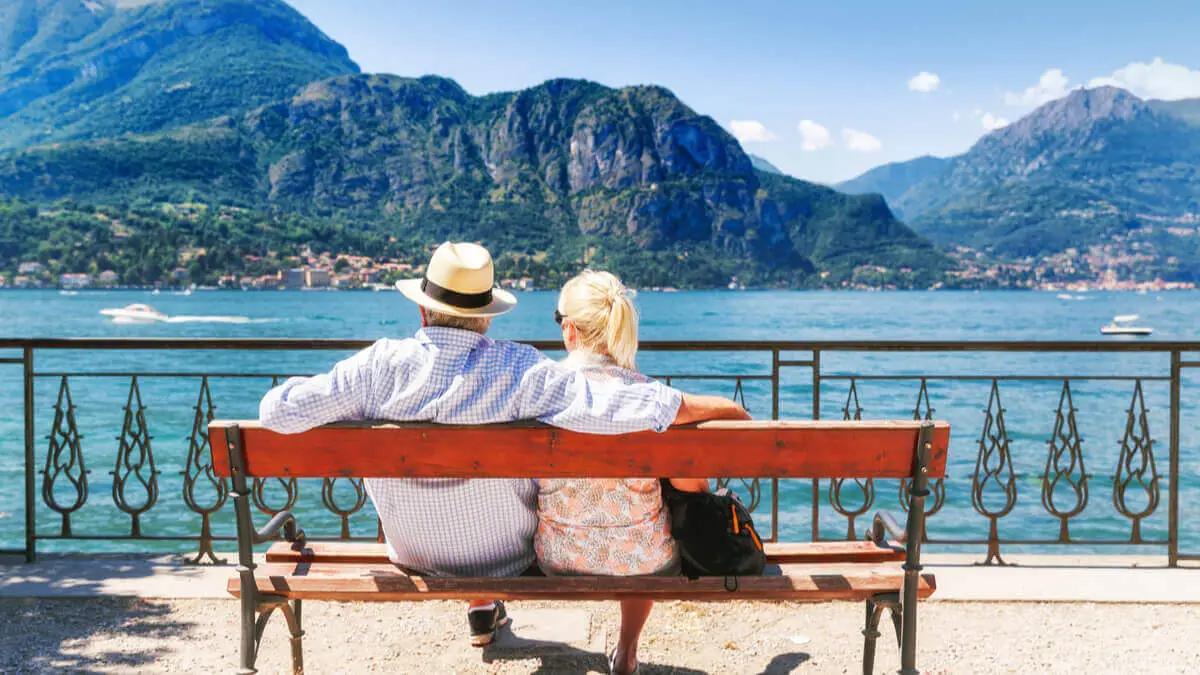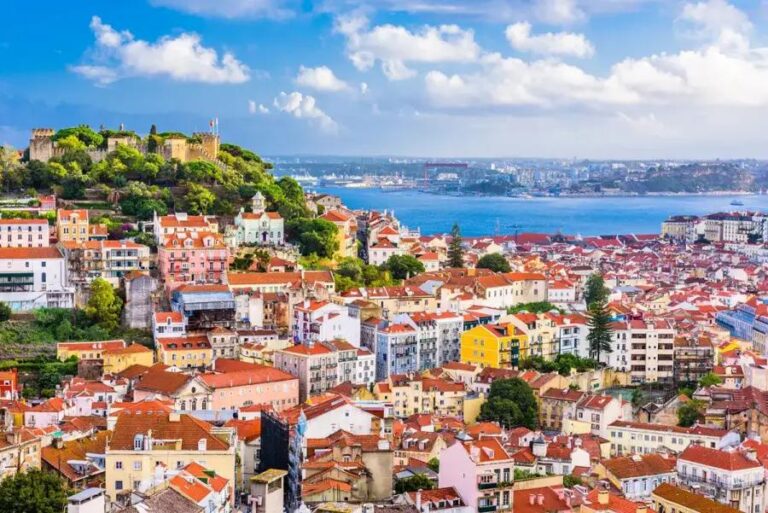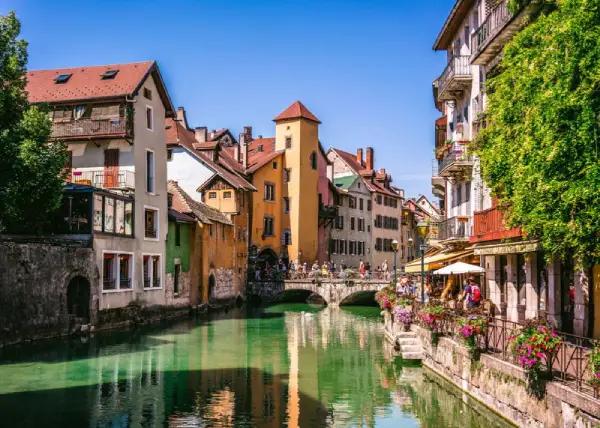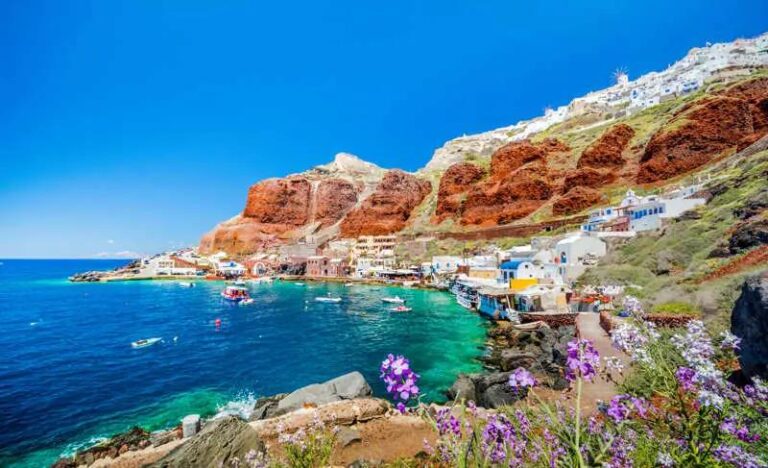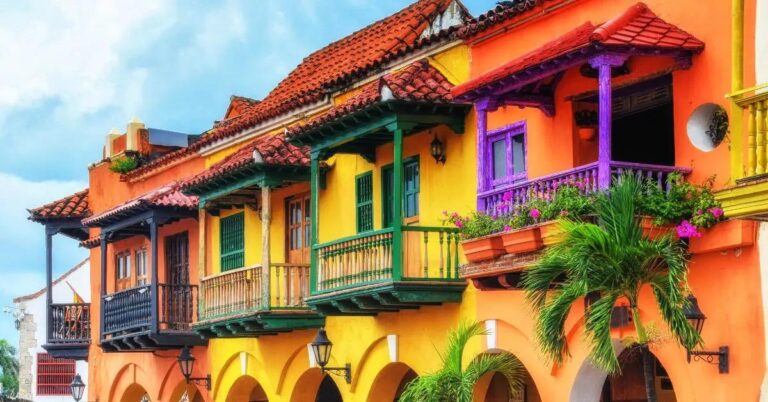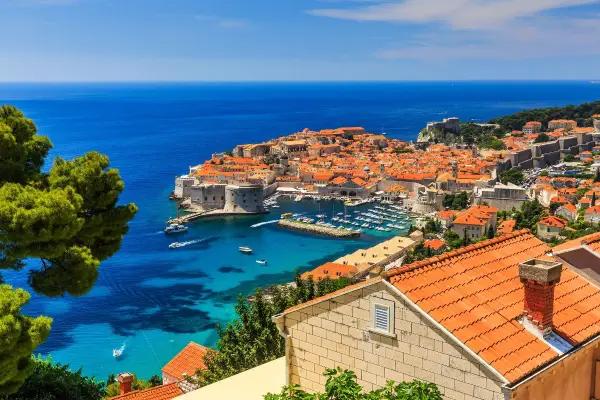TL;DR:
- Housing Costs: City rent: €700-€1,200/month, small towns: €400-€800/month
- Utilities: €150-€250/month
- Groceries: €200-€300/month for a couple
- Transportation: Public transport: €35-€55/month, car costs: €100-€200/month
- Healthcare: Public: €150-€200/year, private insurance is pricier
- Dining Out: Meals: €15-€30, budget: €150-€300/month
- Seasonal Costs: Higher in winter (heating), summer (cooling)
- Comparative Costs USA vs. Italy:
- Rent in Italy much lower; public transport and utilities cheaper
- Italy offers affordable healthcare; USA healthcare costly
- Affordable Regions: South Italy (e.g., Calabria, Puglia) is cheapest; central Italy (Tuscany, Umbria) balanced; north (Milan, Venice) expensive
- Cities for Retirees: Bologna, Perugia, Palermo
- Expat Communities: Florence, Rome, provide support and social events
Italy’s charm and beauty have drawn retirees for years, but what’s the real cost of living there? If you’re thinking about making Italy your new home, you’ll need to know the monthly expenses. Let’s break down the cost of housing, groceries, healthcare, and more. This guide will help you budget and plan for a smooth transition to your Italian retirement dream. Dive in to discover how affordable living in Italy can be!
What are the Average Monthly Living Expenses for Retirees in Italy?
The cost of living in Italy varies based on location. Larger cities like Rome or Milan are pricier than small towns or rural areas.
Housing: Rent and Property Prices in Italy
Rent affects your budget the most. In a city, a one-bedroom apartment costs around €700-€1,200 monthly. In smaller towns, prices drop to €400-€800.
Utilities: Electricity, Water, and Gas Costs
Utilities, such as electricity, water, and gas, usually total €150 to €250 each month. Some homes include these in rent so ask your landlord.
Grocery Prices: Cost of Food Essentials in Local Markets
Groceries in Italy are reasonably priced. Expect to spend around €200-€300 per month for a couple. Local markets often have fresh and affordable options.
Transportation: Public Transport and Car Maintenance Costs
Cities offer excellent public transport. Monthly passes cost about €35-€55. If you own a car, budget around €100-€200 each month for fuel and upkeep.
Healthcare: Public and Private Healthcare Expenses
Healthcare in Italy is good and affordable. Public healthcare costs about €150-€200 per year. Private insurance is pricier but offers quicker service.
Entertainment and Dining Out: Typical Costs for Leisure Activities
Eating out is another factor. A meal at a mid-range restaurant costs about €15-€30. Budget €150-€300 monthly for dining and activities.
Budgeting Tips for Retirement in Italy
Create a budget to manage your expenses. Track what you spend and look for ways to save. Local markets, using public transport, and cooking at home can help stretch your funds.
Seasonal Living Costs and their Impact on Monthly Expenses
Be aware that costs can vary seasonally. Heating bills rise in winter, while cooling can affect summer expenses. Plan for these fluctuations to avoid surprises.
Rent, groceries, and utilities are core expenses to consider. These tips and insights will help you budget for a comfortable retirement in Italy.
How Does the Cost of Living in Italy for Retirees Compare to the USA?
Comparative Analysis: Housing Costs in Italy vs. USA
Housing is one of the biggest expenses. In Italy, rent is much lower than in the USA. You can find a nice apartment in Rome for around $1,200 a month. In New York, that same apartment could cost you $3,000. Buying a home is also cheaper in Italy. In smaller towns, you might pay $150,000 for a charming house.
Transportation and Utility Costs: Differences Between Italy and USA
Public transport in Italy is reliable and cheap. Monthly transport passes in cities like Milan or Florence cost about $45. In the USA, you could pay $120 in cities like New York or San Francisco. Utilities in Italy are reasonable too. Basic utilities for a small apartment will cost around $150 a month. This includes electricity, heating, cooling, and water.
Healthcare and Insurance: Comparative Costs and Benefits
Italy has good public healthcare. It’s mostly free or very cheap for residents. In the USA, healthcare can be very expensive, even with insurance. A doctor’s visit in Italy might cost you $20, while in the USA, it could be $100 or more without insurance.
Tax Implications for US Retirees in Italy
US retirees in Italy must pay taxes on their worldwide income. Italy’s tax rates can be high, but tax treaties between the USA and Italy avoid double taxation. Your US Social Security benefits may still be taxed in the USA. Discuss this with a tax advisor before making the move.
Quality of Life: How Italy’s Lifestyle Benefits Retirees
Life in Italy is relaxed and full of culture. You eat fresh food, take scenic walks, and enjoy good weather. These can make life richer and happier. It’s a slower pace than what you might find in the USA, making it ideal for retirees.
Cultural Differences Impacting Daily Expenses
Daily expenses in Italy can differ from those in the USA. For example, eating out in Italy is usually cheaper. A meal at a nice restaurant might cost $20 to $25. Groceries often cost less too. This includes fresh produce and local meats and cheeses. It helps your retiree budget go further.
Which Italian Regions are the Most Affordable for Retirees?
Low-Cost Living Areas: Northern, Central, and Southern Italy
Italy is not a one-size-fits-all country. Northern regions tend to be more expensive. Think of cities like Milan or Venice. Central Italy, including Tuscany and Umbria, offers a balance. Southern Italy is the most budget-friendly. You can find great deals in regions like Calabria and Puglia.
Best Cities for Retirees: Affordable Urban Living
Some cities combine charm and affordability. Bologna is vibrant and offers good healthcare. Perugia has a rich history and low housing costs. Palermo, in Sicily, offers urban perks at a low cost. These cities give you a good mix of services and culture.
Rural vs. Urban Living: Cost Differences and Lifestyle Choices
Rural life often means lower costs but fewer services. Small towns in Southern Italy are very affordable. Urban areas provide more amenities but come with higher prices. If you love the countryside, you will save on rent and food. In cities, expect to pay more but gain access to better infrastructure and social activities.
Long-Term Rentals and Real Estate Opportunities
Renting long-term is a good idea for retirees. You can find affordable long-term rentals in many regions. Real estate is cheaper in the South. You can buy a house in Calabria for a fraction of the cost in Rome. Always remember to check the local property taxes.
Pros and Cons of Retiring in Various Regions
Northern Italy has better services but is pricey. Central regions have good healthcare and moderate costs. Southern Italy offers the best savings but fewer services. Weigh the pros and cons based on what matters most to you.
Retiring on Social Security: Viability and Planning
Truth is, living on Social Security alone is possible in Italy’s South. Monthly costs are lower, making it feasible. Always plan your budget to cover health insurance and emergency needs.
Community and Expat Hotspots: Where to Find Support and Activities
Join expat groups in places like Florence and Rome. Networking with other retirees eases the transition. These communities offer social events and useful advice.
Living in Italy presents diverse options. Whether you prefer city life or quaint countryside, there is a perfect spot for you. Always do your research and consider personal needs before making a move.
Conclusion
Living in Italy can be affordable and enriching for retirees. From housing and utilities to healthcare and entertainment, costs vary widely. Italy’s low-cost regions offer diverse options, whether you prefer urban life or rural tranquility. Comparing costs with the USA, Italy often emerges as a cost-effective choice. Wherever you choose, remember to budget, explore local opportunities, and immerse yourself in the culture. Make informed decisions, and your retirement in Italy will be fulfilling and enjoyable.

